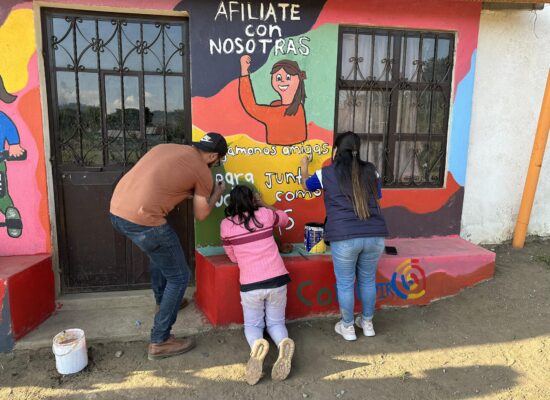
Por Rodrigo Barraza, codirector para las Américas, Fondo Global para la Niñez Nota del editor: esta publicación también está disponible en inglés. Para muchos hombres y niños de América Central, el cuidado sirve como una vía para ejercer poder sobre los demás. La nueva campaña mediática de GFC “cuidar-nos hace bien” alienta a los niños y jóvenes …
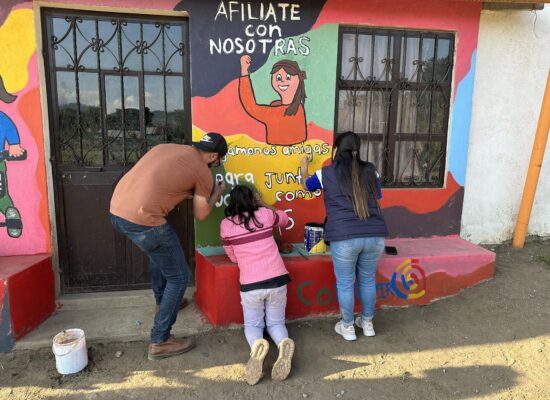
By Rodrigo Barraza, Regional Co-Director for the Americas, Global Fund for Children Editor’s note: This post is also available in Spanish. For many men and boys in Central America, caring is used to justify exerting power over others. GFC’s new regional “Cuidar – nos hace bien” (Caring – it does us good) social media campaign encourages …
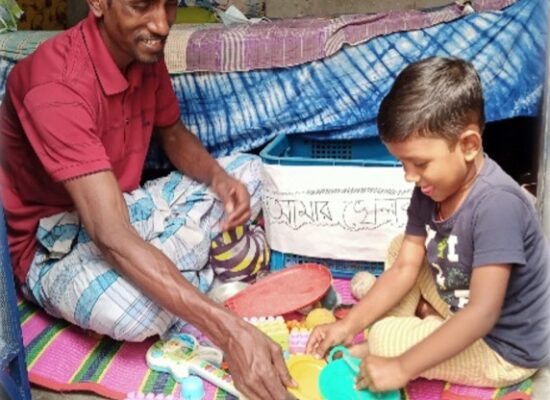
Co-Coordinators Editorial MenCare 50/50 Commitment for Employers MenCare 50/50 Commitment applications are now open! We are accepting Expressions of Interest from businesses to be included in the 2023 cohort of the MenCare 50/50 Commitment for Employers. To sign the Commitment, employers must have tangible plans or show progress on two or more of the following: …
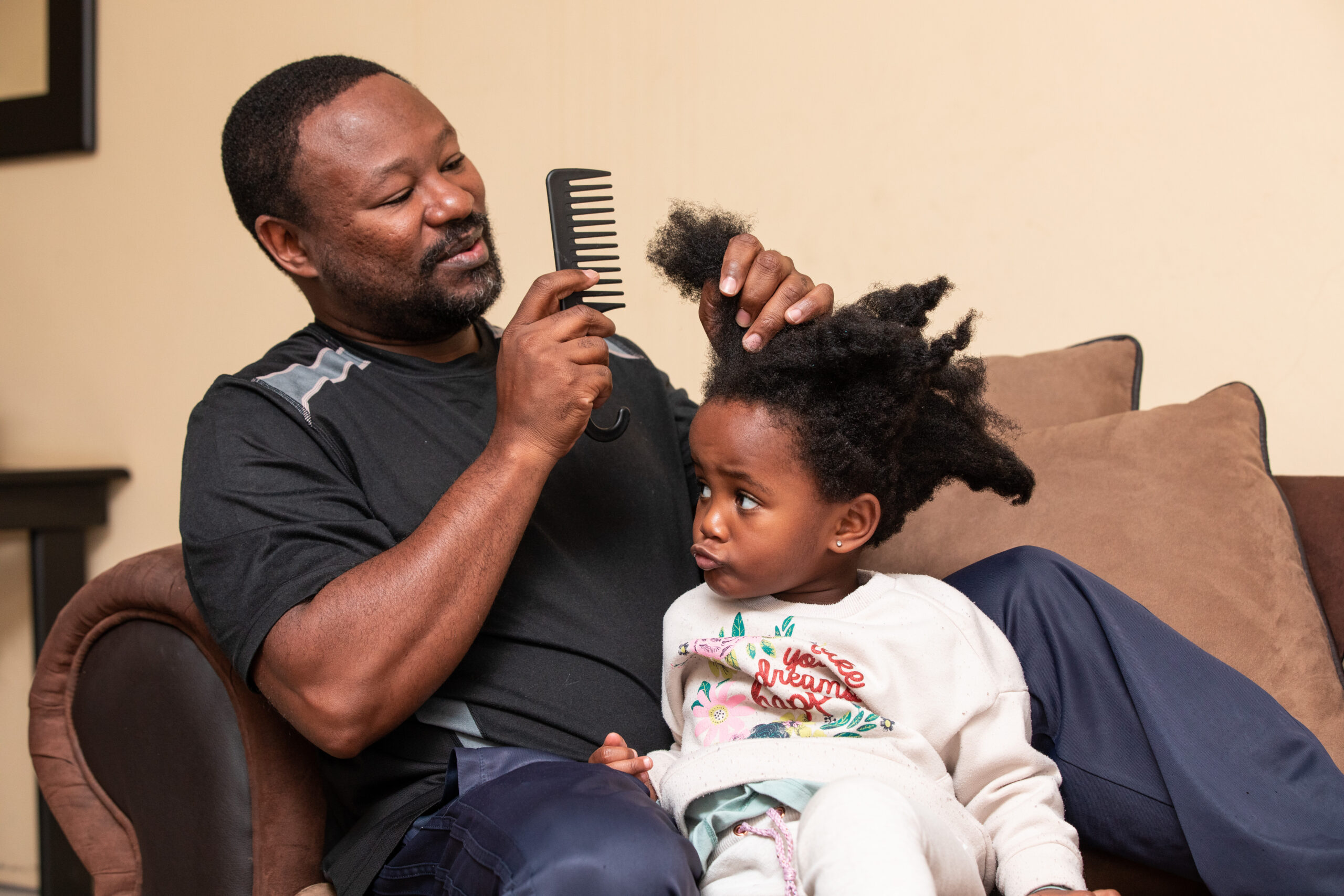
Greetings MenCare partners and colleagues. As we are drawing closer towards the end of 2022, I would like to express my heartfelt appreciation to each one of you for the amazing work that you are doing in your countries to promote the global fatherhood campaign. This year has been an amazing one with the Co-Coordinators …
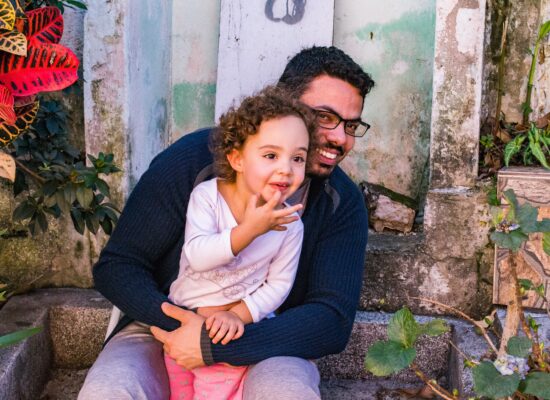
Coming out of a 10-year internal review of the MenCare Campaign, the global co-coordinators, Equimundo: Center for Masculinities and Social Justice and Sonke Gender Justice, are seeking to shift the campaign’s work to address some of the concerns raised in the review. In June 2022, several MenCare partner organizations convened in Coimbra, Portugal. At this …
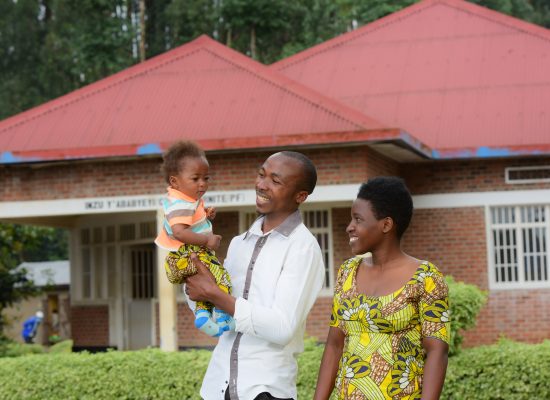
Written by: Kate Doyle, Equimundo Fellow and Emmanuel Karamage, RWAMREC In Rwanda, efforts have been ongoing to take the gender transformative Bandebereho intervention to scale through the health sector, with the long-term aim of making the intervention available to all families nationwide. Bandebereho, adapted from Program P, engages men in promoting maternal, newborn and child …






